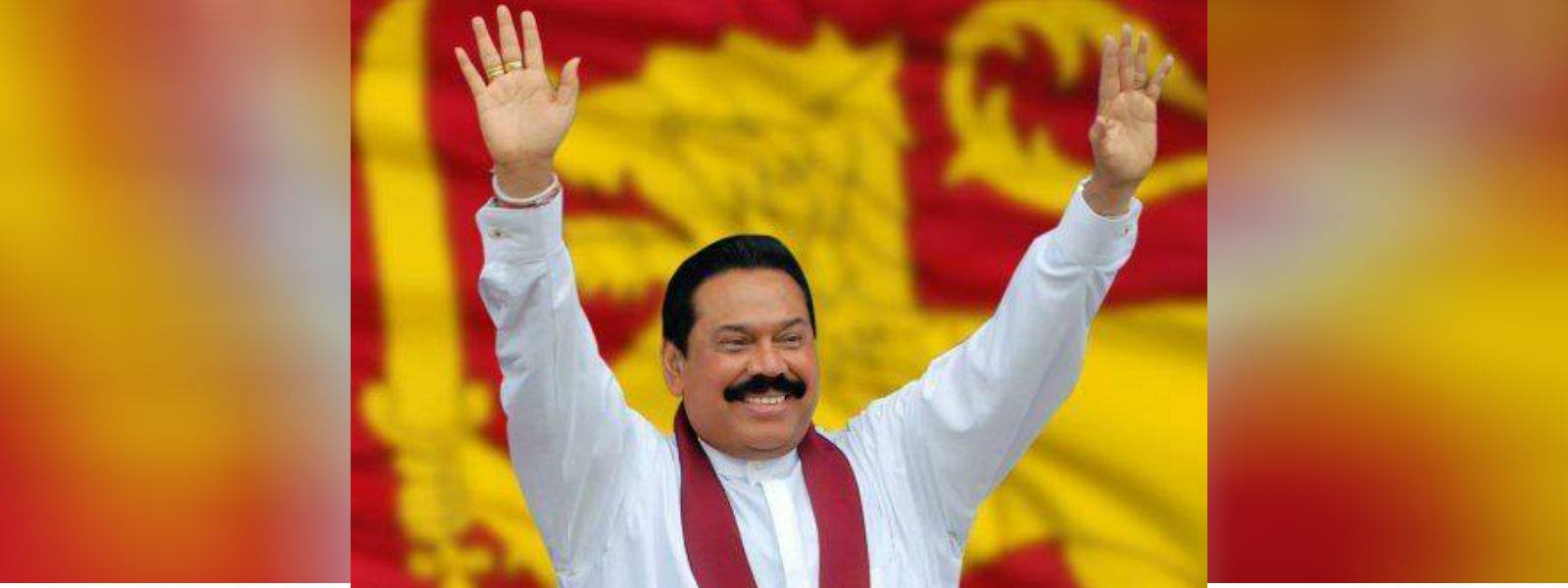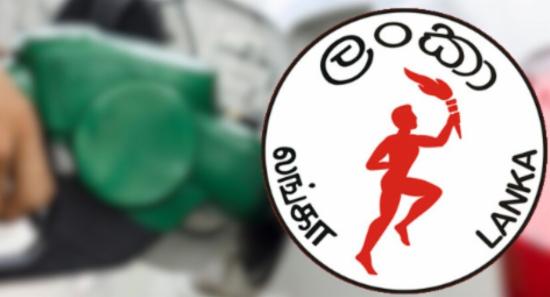.webp)

UPDATE : Sri Lanka Government to withdraw from co-sponsoring UNHRC resolution 30/1
Colombo (News 1st) - Prime Minister Mahinda Rajapaksa announced this afternoon that the government has decided to withdraw from the process of implementing UN Human Rights Council resolution 30/1, which was co-sponsored by Sri Lanka. The resolution was adopted by the Human Rights Council in Geneva on the 1st of October 2015.
Prime Minister Mahinda Rajapaksa issued a lengthy statement this afternoon on the travel ban imposed by the United States on Army Commander and Acting Chief of Defence Staff Shavendra Silva and his family.
In his statement, the Prime Minister says "It is because of the historic betrayal committed by the yahapalana government formed by the United National Party, the Tamil National Alliance and the JVP in co-sponsoring UN Human Rights Council Resolution 30/1 in 2015 that other countries are able to name members of our armed forces as violators of human rights." .
He adds, "Even though this collective punishment has been meted out on the grounds that the Army Commander had committed violations of human rights, no one knows what these allegations are".
The Prime Minister says that whilst the International Covenant on Civil and Political Rights says that until a person accused of a crime is proved guilty according to law, he should be deemed innocent, this principle does not seem to apply to Sri Lanka’s Army Commander or even to members of his family. Rajapaksa says the government's displeasure has been communicated to the government of the United States in the "strongest possible terms".
Human Rights Council resolution 30/1, which was led by the US and adopted on 1st October 2015, was co-sponsored by Sri Lanka along with the UK, Macedonia and Montenegro. Whilst 9 primary commitments were included in the resolution a key point of contention domestically was the introduction of hybrid courts with foreign judges, lawyers, and investigators.
However, at the 40th session of the Human Rights Council, then Foreign Minister Thilak Marapana highlighted that the hybrid court structure cannot be implemented in Sri Lanka as it would violate the constitution. Resolution 40/1 which was adopted at this session under British leadership and was again co-sponsored by Sri Lanka called for a commitment to implementing the entirety of resolution 30/1.
Other Articles
Featured News





.png )
-782727_550x300.jpg)






-782664_550x300.jpg)

-782187_550x300.jpg)

-781110_550x300.jpg)
















.gif)